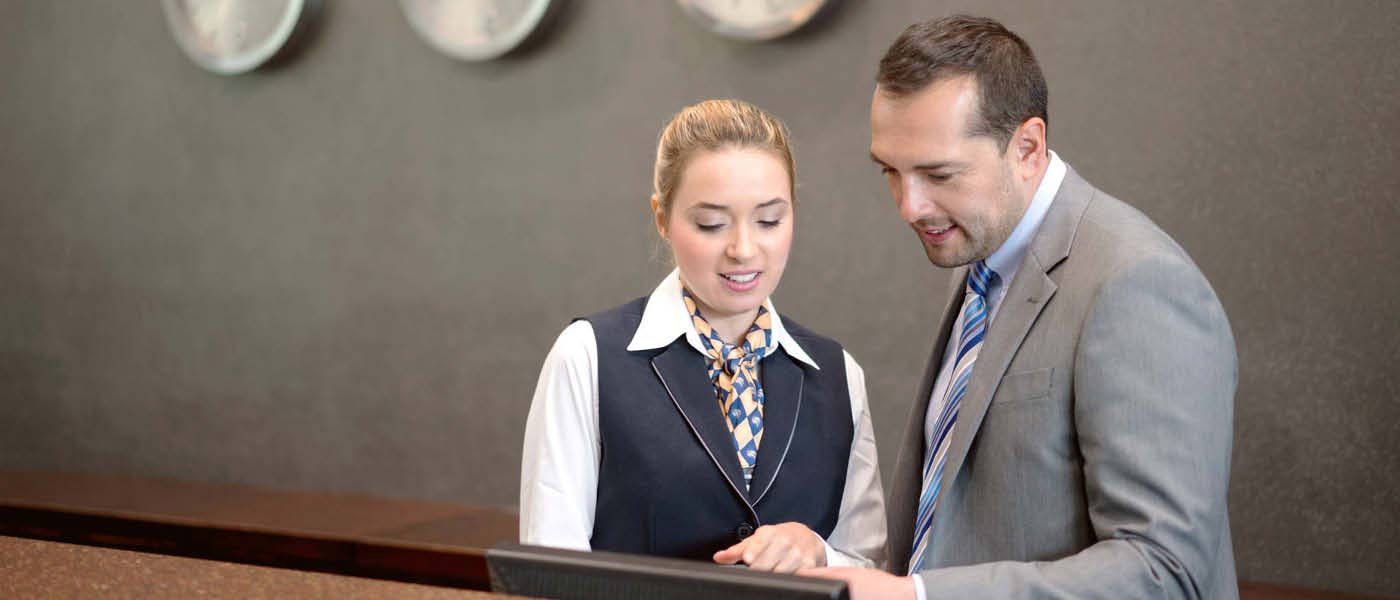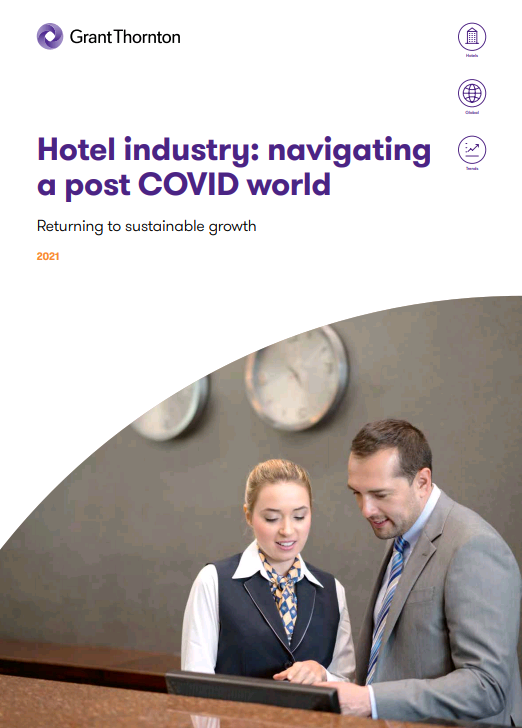-
Audit of annual and consolidated financial statements
We place particular emphasis on customized solutions and international service and adapt our services to your needs.
-
Assurance related advisory services
Assurance related advisory services are based on the knowledge and expertise that are the staff of life of our auditors.
-
Global audit technology
We apply our global audit methodology through an integrated set of software tools known as the Voyager suite.
-
Accounting related consulting
Accounting in accordance with UGB, US-GAAP or IFRS is in constant motion. The integration of new regulations into their own accounting systems poses special challenges for companies.
-
Corporate Tax
We are your problem solvers for corporate tax issues
-
Restructuring, Mergers & Acquisition
Expertise and creativity for the perfect structure
-
International Tax
We are here, whenever our clients require our assistance
-
Transfer pricing
We are your experts for an optimal transfer pricing structure
-
Indirect Tax & Customs
We take care of your indirect taxes so you can take care of your business
-
Private Wealth
We are your competent partner in the field of Private Wealth Tax Services
-
Real Estate Tax
We are a valuable partner at every stage of your property's life
-
Global Mobility Services
Local roots and global networking as a secret for successful assignment management
-
Advisor for Advisor
As advisors for advisors, we support in complex situations
-
Valuation
Valuations are a core competence of Grant Thornton Austria. As auditors and tax advisors we combine profound know-how with our practical experience to offer you customized solutions for your valuation assignment. Our industry expertise is based on years of services to our clients, including listed companies as well as owner-managed companies with an international focus. We advise on valuation matters related to arbitration and provide expert opinions.
-
Forensic Services
When it comes to risks in business, our experts are on hand. We support you not only in suspicious cases or in disputes, but also develop suitable strategies in the area of prevention to avoid serious cases as far as possible. Our Cyber Security team helps you to keep your networks and applications secure and is quickly on hand in the event of a security leak.
-
Cyber Security
Cyber incidents, IT system failures, the resulting business interruptions and the loss of critical data are one of the greatest business risks for companies. Recent cases underline the need for strategic protection and awareness of the issue and require a holistic approach and technical expertise that takes into account all legislative, regulatory and technical aspects of cyber security to protect companies against the daily increase in cybercrime incidents.
-
Sustainability Services
Sustainability is no longer a trend, but the only way to create a future worth living. Our experts will support you in successfully developing your sustainability strategy and preparing your sustainability reporting in compliance with regulations.
-
Transaction Support
We can support you throughout the transaction process – helping achieve the best possible outcome at the point of the transaction and in the longer term.
-
Merger & Acquisition
Companies start new activities and separate from old ones, cooperate and merge. Markets and competitive conditions are subject to constant and increasingly rapid change. As a result, existing business models are changing. Some companies have to restructure and reorganize. But new business opportunities also open up.
-
Restructuring & Going Concern Forecast
Restructuring & Going Concern Forecast: Bundled services for your strategic, operational and financial decisions offer the right answers for companies, banks, shareholders and investors.
-
Internal Audit
Internal Audit helps companies and organisations to achieve their goals by analysing and evaluating the effectiveness of risk management, controls and management and monitoring processes. Internal Audit focuses on independent and objective audit (assurance) and consulting services that improve the value creation and business activities of your company.
-
Expert dispute resolution & advisory
Grant Thornton Austria offers comprehensive services in the field of business-oriented expert services with a broad range of competencies from banking to communication. The core activity of experts is the objective recording of findings and the preparation of expert opinions - regardless of all external circumstances. Our experts Gottwald Kranebitter and Georg H. Jeitler, as sworn and court-certified experts, ensure that the highest professional standards and the principle of objectivity are observed.
-
Blockchain and Crypto-Asset
Blockchain as a carrier technology for crypto currencies and smart contracts, among other things, is becoming increasingly important. Grant Thornton Austria offers comprehensive audit and confirmation services for block chain technologies and business models.
-
Corporate & Brand Strategy
We support you in developing growth strategies for a sustainably successful future and in maximizing the potential of your brand.
-
International Project Coordination
Our International Engagement Management team is your central point of contact for international projects in all our service lines. We take care of operational project management for you and act as a central point of contact and coordination for your projects. We support companies that start international projects from Austria as well as companies from abroad that want to gain a foothold in Austria or use Austria as a hub for their international projects, especially in the DACH (Germany, Austria and Switzerland) and CEE region.
-
International Desks
As a member of the Grant Thornton network, we guarantee direct access to resources from our worldwide circle of partners. This global connection enables us to seamlessly integrate highly qualified specialists and industry experts from different countries around the world into our teams. Through our broad perspective and diverse expertise, we ensure that we can optimally meet the individual requirements of our clients in an increasingly globalised economy.

The hotel industry is used to dealing with disruption, but never on this scale. While previously only localised events like hurricanes could result in long-term closures, 2020 saw a widespread drop-off in customers looking to stay in hotels. What continues to make this crisis so unique is how indiscriminate it is – every hotel business and every corner of the globe has been affected in some way.
In July 2020, occupancy rates dipped to 48% in the US and 32% in Italy. By the end of December 2020, the US hotel industry was still struggling with record-lows in occupancy and revenue per room. Normal is still a long way off for the hotel industry, as UK hotels aren’t expected to surpass occupancy rates of 59% for most of 2021[i].
So, what are the specific hurdles the hotel industry will need to get over in its post-Covid-19 recovery?
Liquidity
Hotels continue to generate a fraction of their previous revenue due to ongoing lockdowns and an ongoing commercial proclivity for virtual meetings. It’s predicted that business clients will be slower to return than those staying for leisure, as companies are likely to continue connecting virtually for the foreseeable future.
The situation remains uncertain and hotel operators still cannot say with confidence when travel restrictions will be lifted, and whether consumers will remain cautious for a period after. Social distancing is also likely to continue to keep occupancy low, and revenues will be further reduced by higher ongoing cleaning costs to encourage customers to return.
Employment
Many operators have been able to reduce their labour costs by reducing hours or using government support options. This has improved capital liquidity and helped many hoteliers stay afloat. But to put a sustainable recovery plan in place for 2021 and beyond, owners and operators will need to analyse their ROI. It will be up to them to work out whether current staffing levels are optimal for a profitable recovery period. It’s also vital that hotel businesses continue to make sure internal risk management and approval processes are effective as staff continue to work remotely.
Download the brochure below or read on for our hotel industry insights.
Debt and restructuring
It’s important that owners and operators identify areas where they are significantly lacking funds quickly. Even though many lenders are still willing to delay payments or negotiate payment terms, holding frank, early discussions about financial difficulties are the best course of action. Previously agreed restructuring or repayment terms may also no longer be viable considering uncertain, and certainly depressed, future revenue potential.
Many hotel operators are still looking to restructure their debts, which continues to present opportunities for private equity owners with large cash reserves. Being able to restructure requires being able to show that a hotel remains a viable business and will be able to operate with reduced customer levels for a long period of time.
Financial planning and reporting
2021’s financial planning and reporting strategies are going to be very different. Temporary tax reliefs and financial assistance measures are continuing to change, so companies need to make sure they’re taking advantage of the latest support. Owners and operators will also need to think about the true impact of asset impairment, and consider how to address growing worries about their future cash flow and earnings potential.
Contracts and agreements
The financial impact of changes to everything from customer loyalty schemes to management agreement fees to vendor contracts that rely on purchase volumes to keep costs down will be keenly felt by hoteliers. Virtually all business agreements will need to be reassessed to make sure they offer the best chance of a profitable 2021.
Hotels: where to from here?
The pandemic is likely to contribute to a shift in customer experience across the industry. What is clear though, is that it will be some time before the hotel industry returns to the way it was able to operate a year ago.
The hotel industry faces some stark choices in the coming months, as we all begin to navigate our way towards recovery. We are currently working with our clients to help protect and restore value so if you need support for the year ahead, get in touch with our expert Peter Nothegger.


